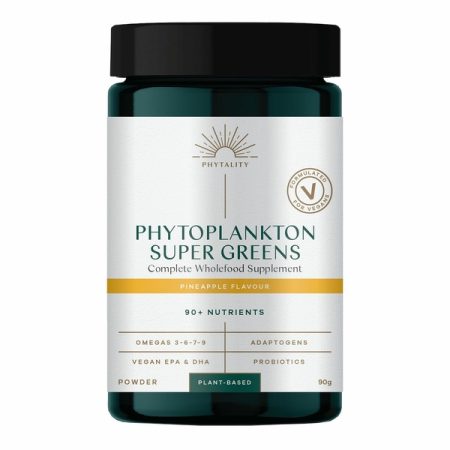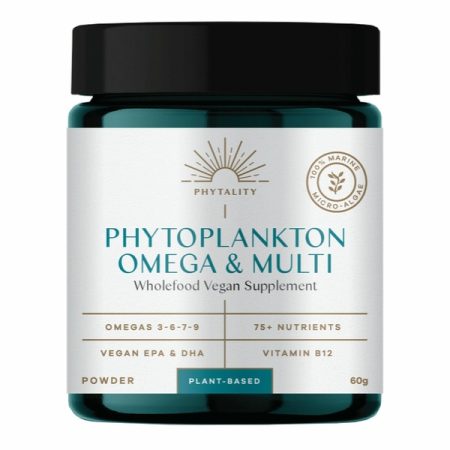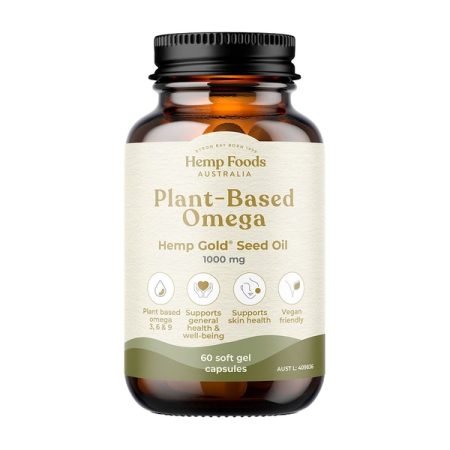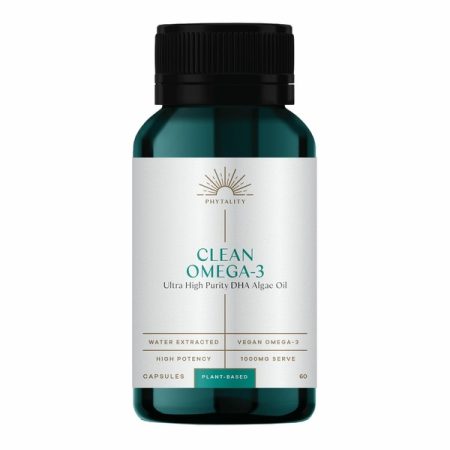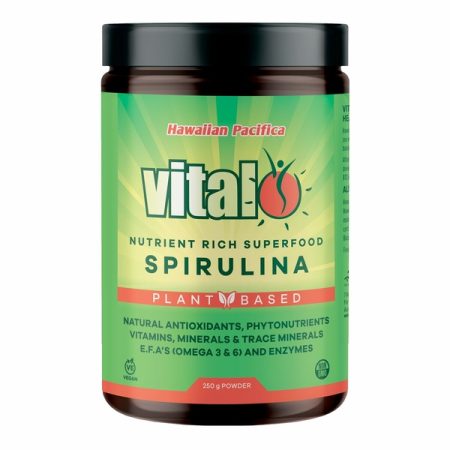Vegan Omega 3 Supplements
Omega 3 fatty acids provide many health benefits, but can be difficult to obtain on a vegan diet. Vegan omega 3 supplements offer a way for vegetarians and vegans to get these essential nutrients without consuming fish oils.
Benefits of Omega 3s
Heart Health
Omega 3s can:
| Benefit |
|---|
| Reduce inflammation |
| Lower blood pressure |
| Improve cholesterol levels |
| Reduce risk of heart disease |
The long chain omega 3s EPA and DHA have been shown to benefit cardiovascular health and reduce risk of heart attacks in many studies.
Brain Function
DHA in particular is important for brain development and function. Omega 3s support brain health and may improve symptoms of:
- Depression
- ADHD
- Dementia
Reduced Inflammation
Omega 3s have anti-inflammatory properties. This can help with:
- Arthritis and joint pain
- Skin conditions like eczema
- Autoimmune disorders
- Overall immune function
Types of Omega 3s
There are three main types of omega 3 fatty acids:
ALA
Alpha-linolenic acid (ALA) is found in plant foods like:
- Flaxseeds
- Chia seeds
- Walnuts
- Leafy green vegetables
ALA can be converted to EPA and DHA in the body, but at a low rate.
EPA
Eicosapentaenoic acid (EPA) is found mostly in fatty fish and fish oils. EPA supports heart health and immune function.
DHA
Docosahexaenoic acid (DHA) is also found in fatty fish and fish oils. DHA is extremely important for brain development and function.
Vegan Sources of Omega 3s
Vegans need to rely on plant sources and supplements to obtain EPA and DHA.
ALA From Plants
It's important for vegans to eat a varied diet with ALA sources like:
| Source |
|---|
| Flaxseeds - Grind before eating to increase absorption |
| Chia seeds - Can be added to smoothies or oatmeal |
| Walnuts |
| Canola oil |
| Certain vegetables like Brussels sprouts |
However, ALA conversion to EPA/DHA is inefficient so supplements are recommended.
Algae Oil Supplements
Algae like microalgae or seaweed produce EPA and DHA. Omega 3 supplements made from algal oils contain preformed DHA and EPA without the need for fish.
Brands that derive omega 3s from algae include:
- Nordic Naturals Algae Omega
- Ovega-3
- Deva Vegan Omega-3 DHA/EPA
Look for supplements made from microalgae sources like schizochytrium, crypthecodinium, algae, or marine algae on the label.
Choosing a Vegan Omega 3 Supplement
Consider the following when choosing a vegan omega 3 supplement:
| Factor | Description |
|---|---|
| DHA/EPA concentration | Aim for at least 300mg combined DHA/EPA per serving |
| Purity | Look for reputable third party purity certifications |
| Form | Liquid supplements may have better absorption |
| Additives | Look for oils without unnecessary fillers, flavors, or preservatives |
| Sustainably sourced | Choose algae oil from sustainable sources |
| Allergen-free | Ensure supplement is free of common allergens |
| Non-GMO | Select non-GMO verified supplements |
Dosage Recommendations
Most health organizations recommend healthy adults consume at least 250–500 mg combined DHA/EPA daily, from supplements or foods.
Higher doses around 1000 mg may be used for therapeutic purposes. Always follow dosage on the supplement label.
Benefits for Vegans
Getting sufficient omega 3s from foods alone can be challenging for those avoiding fish and seafood. Vegan omega 3 supplements provide:
- Convenient source of essential DHA and EPA
- Improved omega 3 status
- Support for heart, brain, eye, and joint health
- Anti-inflammatory effects
- Sustainable choice without depleting ocean fish stocks
Frequently Asked Questions
| Question | Answer |
|---|---|
| Do vegans need to supplement with omega 3s? | Most vegans benefit from taking an omega 3 supplement to ensure adequate intake of EPA and DHA. ALA from plants alone is not sufficient. |
| Are omega 3 supplements as effective as fish oil? | Yes, algae-derived DHA and EPA have been shown to be just as bioavailable and effective as fish oil supplements. |
| Are there any risks or side effects? | Omega 3 supplements are generally safe. Minor side effects like fishy taste, stomach upset or loose stools may occur. Those on blood thinners should consult a doctor before use. |
-
Melrose Organic Pumpkin Seed Oil
(0)Original price was: $26.95.$22.91Current price is: $22.91. View product -
Algae Oil, Brain & Cognition, Eye Health, Fatty Acids, Heart Health, Omega Blends, Vegan Omega fatty Acids, Vegan supplements
Green Nutritionals Green Omega 3
(0)$27.72 – $64.83 View product This product has multiple variants. The options may be chosen on the product page -
Algae Oil, Fermented Foods & Supplements, Green Powders, Superfoods, Vegan supplements, Whole Food Supplements
Phytality Fermented Chlorella
(0)Original price was: $27.50.$22.00Current price is: $22.00. View product -
Hemp Foods Pain Relief (previously Hemp Seed Oil With Turmeric Capsules)
(0)Original price was: $24.95.$21.21Current price is: $21.21. View product -
Adaptogens, Algae Oil, Alkalising Supplements, Green Powders, Probiotics, Superfoods, Vegan supplements
Phytality Phytoplankton Super Greens
(0)Original price was: $39.95.$31.96Current price is: $31.96. View product -
Algae Oil, Keto / Ketogenic Diet Supplies, Omega-3, Paleo, Plant-Based Supplements, Superfoods, Vegan supplements, Vitamins & Supplements
Phytality Phytoplankton Omega & Multi Powder
(0)Original price was: $49.95.$39.96Current price is: $39.96. View product -
Algae Oil, Multivitamins, Omega-3, Plant-Based Supplements, Vegan Omega fatty Acids, Vegan supplements
Phytality Phytoplankton Omega & Multi
(0)Original price was: $49.95.$39.96Current price is: $39.96. View product -
Hemp Foods Plant-Based Omega (previously Hemp Seed Oil Capsules)
(0)Original price was: $19.95.$16.96Current price is: $16.96. View product -
Vital Calcium (previously Vital Calcium)
(0)Original price was: $23.95.$15.57Current price is: $15.57. View product -
-
Antioxidants, Cardiovascular Health, CoQ10, Energy & Vitality, Evening Primrose Oil, Fish Oils, Flaxseed Oil, Immune Support, Vitamin E
Nutra-Life Co-Q-Max 150mg
(0)Original price was: $48.95.$41.61Current price is: $41.61. View product -






